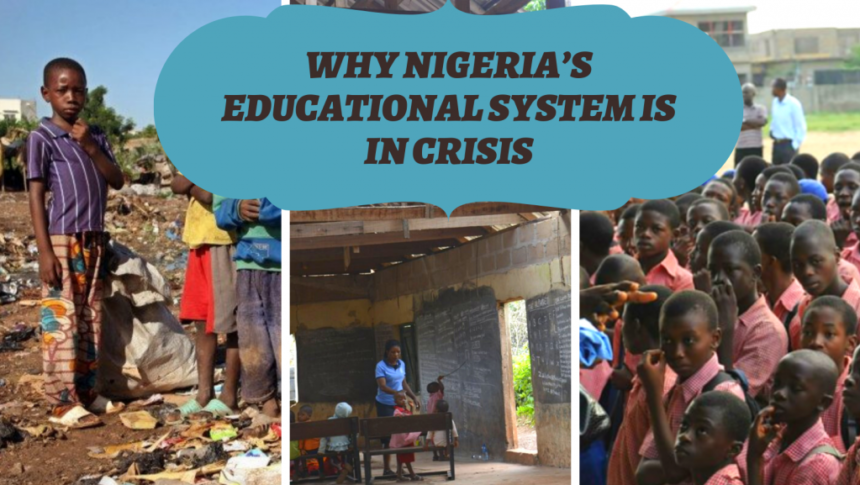Educational Crisis In Nigeria : Nigeria’s education crisis demands heightened budget allocation for effective reform and improvement
Educational crisis in Nigeria: The urgent need for increased budgetary allocation
In the face of an alarming educational crisis in Nigeria, Amina Abubakar, the Executive Director of FlexiSAF, has issued a compelling plea to the Nigerian federal government and National Assembly. The crisis is staggering, with over 10 million children currently out of school, positioning Nigeria among the nations grappling with the highest rates of educational exclusion.

Discrepancy in budgetary allocation: A barrier to progress
Educational crisis in Nigeria: Abubakar shed light on a significant issue— the glaring gap between UNESCO’s recommendation of allocating at least 23% of the budget to education and Nigeria’s current allocation, which languishes at a mere 8.2%. This stark difference underscores the gravity of the situation and the urgent need for a radical shift in budgetary priorities. Abubakar highlighted that ineffective implementation poses a substantial hurdle in addressing the crisis, emphasizing the critical role of financial commitment.

The unseen hurdle: Hidden costs of education
Educational crisis in Nigeria: One of the crucial aspects Abubakar pointed out is the presence of hidden costs associated with education, acting as a deterrent to children attending school. These hidden expenses create an additional burden on families, making it challenging for them to send their children to school. Recognizing and mitigating these covert barriers is paramount to any effective strategy aimed at increasing enrollment.

Nigeria’s educational crisis : FlexiSAF foundation’s transformative initiatives
Accelerated learning program: A beacon of hope
Founded in 2018, the FlexiSAF Foundation has emerged as a formidable advocate for educational enhancement. A standout initiative is their Accelerated Learning Program, designed to compress nine years of traditional education into a concise three-year program. This innovative approach has already extended support to over 5,000 children, offering a lifeline to those who might otherwise be left behind.

Digital infrastructure: A cornerstone for quality education
NITDA’s vision for digital literacy
Dr. Kashifu Inuwa, the Director General of the National Information Technology Development Agency (NITDA), has emphasized the pivotal role of digital infrastructure in achieving quality education. NITDA’s strategic plans revolve around enhancing digital literacy and infrastructure in schools, recognizing the transformative power of technology in modern education.
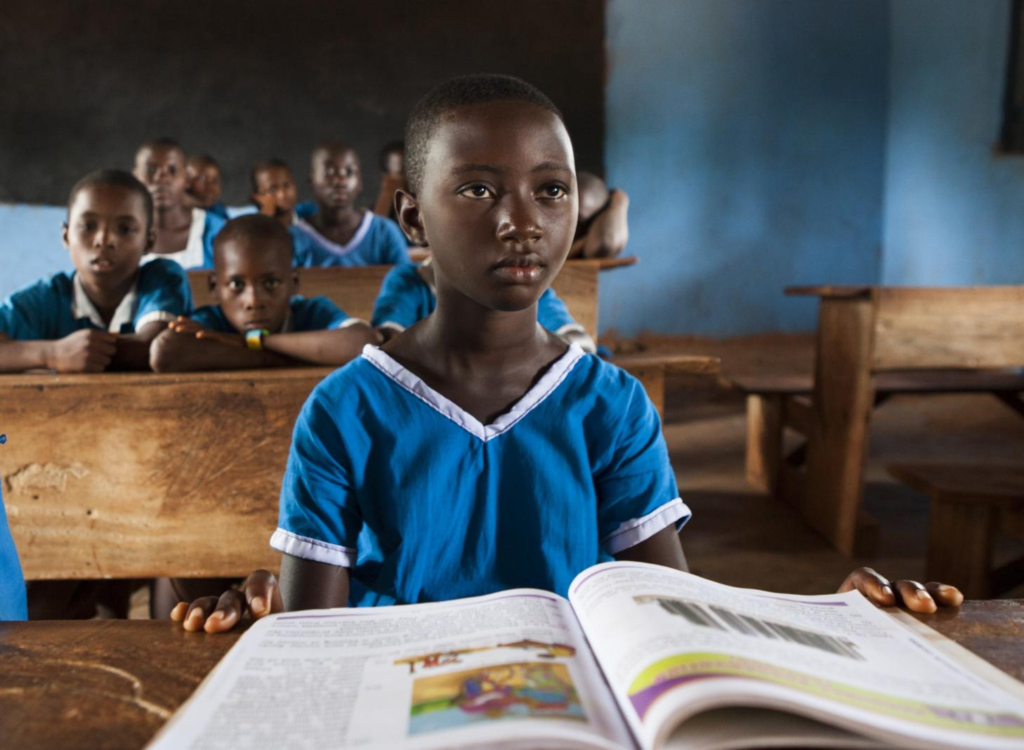
Bridging gaps for street children
Mrs. Claris Ojani, the Special Adviser to the Minister of State for Education, has made a heartfelt appeal to the legislative arm. She urges the endorsement of initiatives focused on providing basic education to street children, a vulnerable segment of the population often overlooked. Her commitment underscores the Federal Government’s support for FlexiSAF’s mission, aligning national objectives with the foundation’s initiatives.
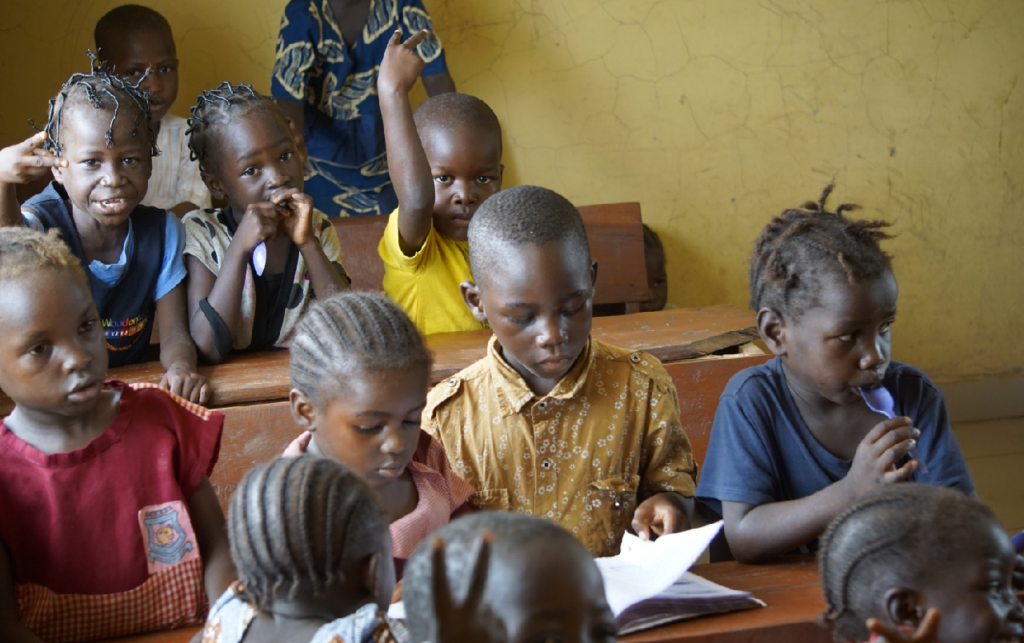
A call to action: Collaborative solutions
In light of these challenges, there is a pressing need for collaborative efforts between the government, private sector, and non-governmental organizations. The synergy of these stakeholders can pave the way for comprehensive strategies that address not only budgetary shortcomings but also the multifaceted barriers preventing children from accessing education.
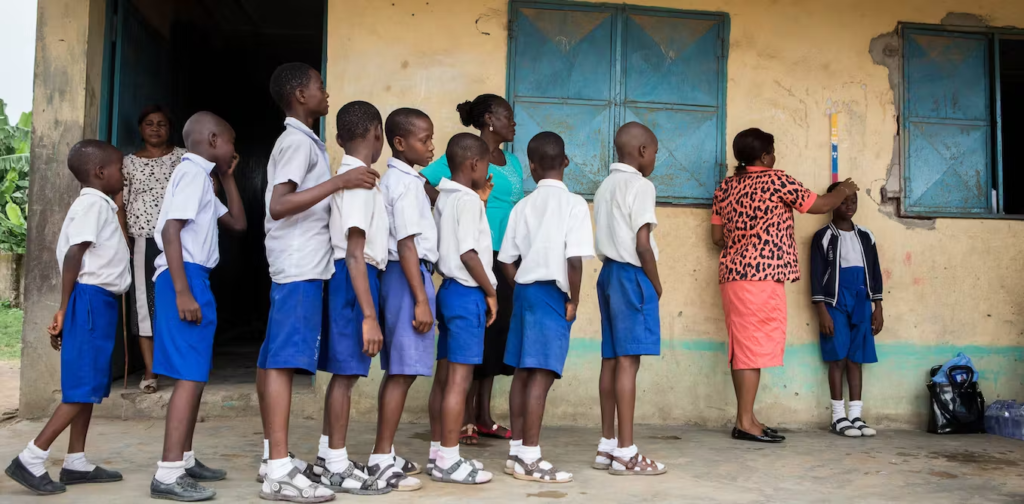
Advocacy for policy reforms
FlexiSAF’s call for an increase in budgetary allocation is not merely a plea for financial support but a call for comprehensive policy reforms. Addressing the crisis demands a holistic approach that includes reevaluating budget priorities, implementing effective policies, and ensuring transparent and accountable utilization of allocated funds.
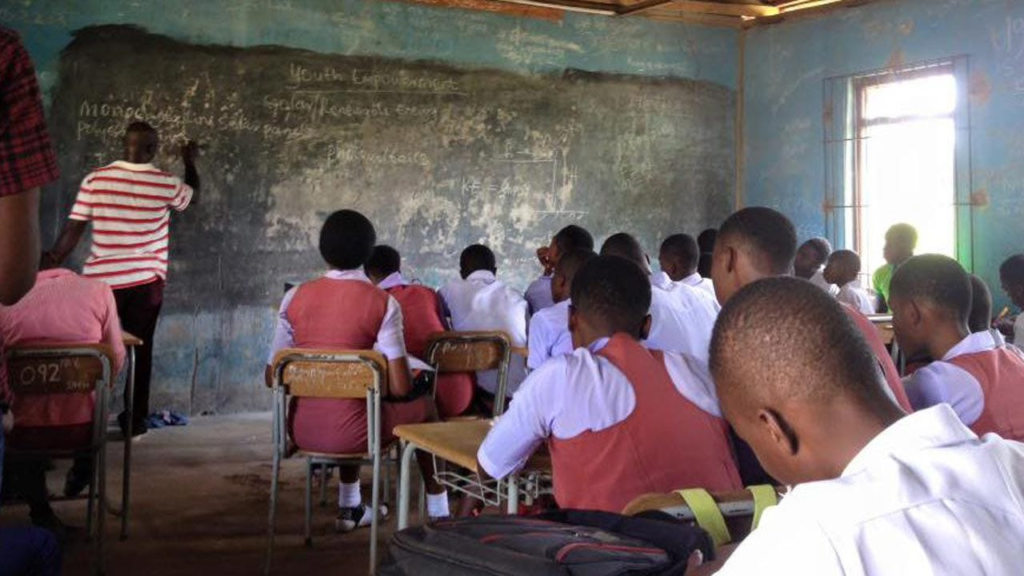
Strengthening community engagement
Community engagement is a key aspect that cannot be ignored in the pursuit of widespread education. FlexiSAF’s initiatives highlight the importance of engaging communities, understanding their unique challenges, and tailoring solutions that resonate with local needs. This bottom-up approach ensures sustainable change that permeates through all levels of society.

The road ahead: Hope and commitment
As we navigate the challenges of Nigeria’s educational crisis, FlexiSAF’s initiatives stand as a beacon of hope. The Accelerated Learning Program, emphasis on digital literacy, and collaboration with government bodies demonstrate a commitment to tangible, lasting change. The collective efforts of stakeholders, fueled by a shared vision of an educated Nigeria, hold the promise of breaking the chains of educational exclusion.

In conclusion, the path forward necessitates swift action, increased financial commitment, and a reimagining of educational priorities. FlexiSAF’s call to action echoes the urgency of the situation and emphasizes the pivotal role each stakeholder plays in shaping a brighter future for Nigeria’s children.
To explore more news : Click Here







